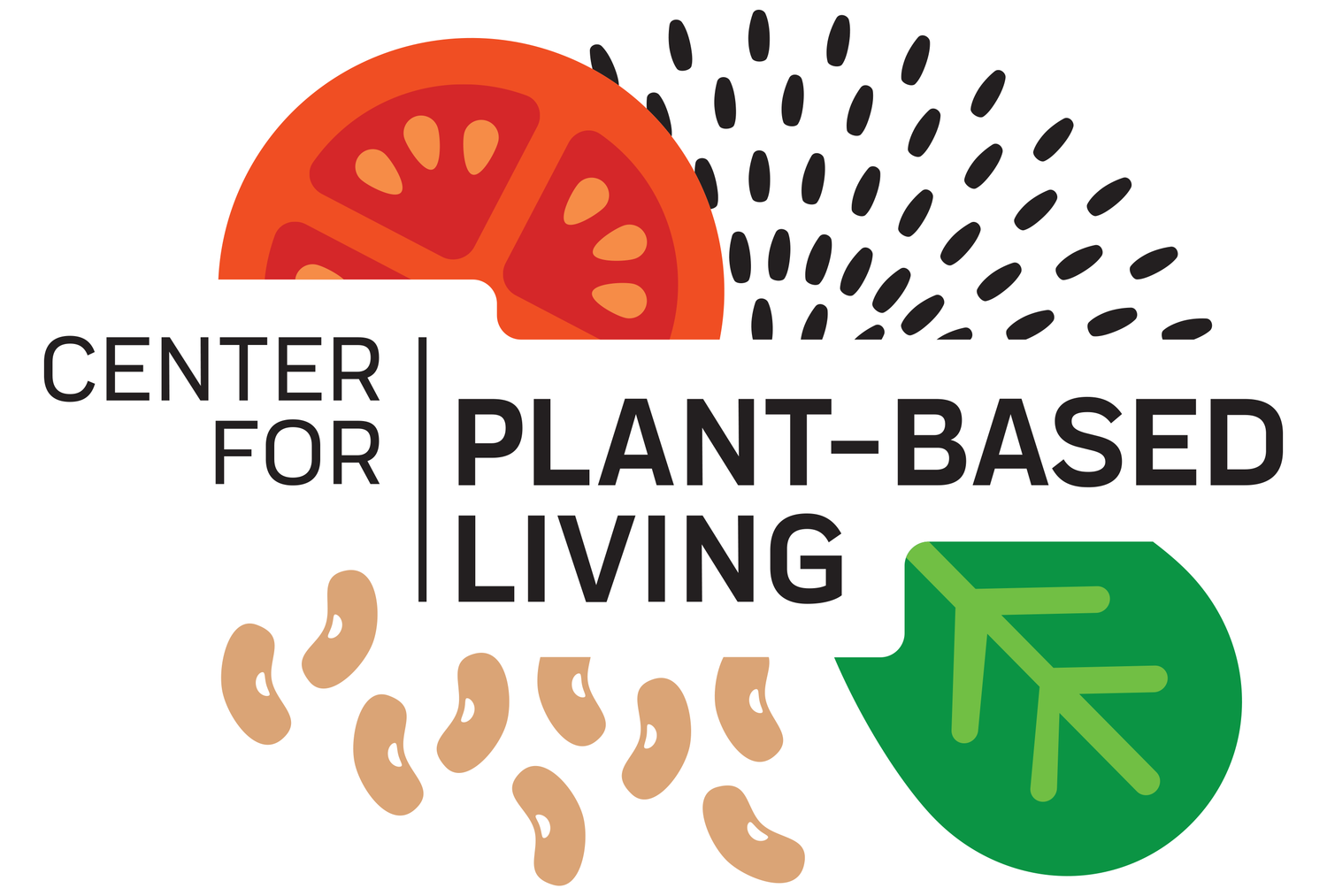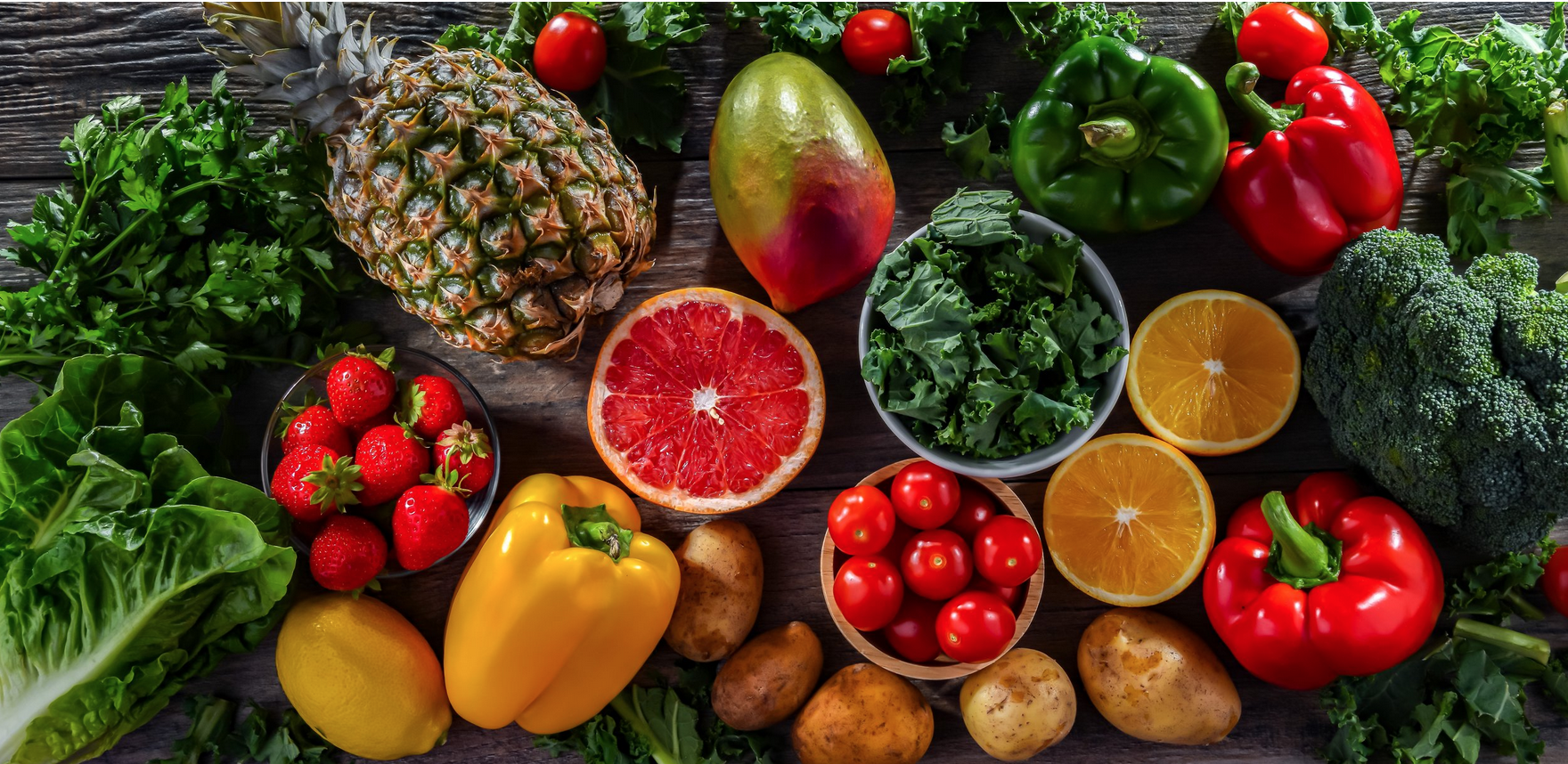THE DOC AND CHEF SHOW EP. 20: BOOST YOUR COLLAGEN...AND LOOK GOOD DOING IT! // SUPPORTING SCIENCE AND THE RECIPE
WHAT IS COLLAGEN?
Collagen is a protein that plays a crucial role in the structure of various tissues in the body, including skin, bones, tendons, ligaments, and cartilage. It's the most abundant protein in mammals, making up a significant portion of our body's protein content. Collagen provides strength, elasticity, and structure. For instance, in the skin, it helps with elasticity and firmness, while in bones, it works alongside calcium to provide strength and flexibility. There are several types of collagen, each serving different roles in the body. Type I collagen, for example, is the most prevalent and is considered the strongest type, found in skin, tendons, bones, and other structures. Type II collagen mainly benefits cartilage, and Type III supports the structure of muscles, organs, and arteries.
HOW IS COLLAGEN MADE IN THE BODY?
Like any protein, collagen is made up of amino acids, which are the building blocks of proteins. The main amino acids found in collagen include:[1]
1. Glycine: The most abundant amino acid in collagen, glycine makes up about one-third of collagen's composition. It plays a critical role in the formation of collagen's triple helix structure and is essential for the proper function of various biological processes.
2. Proline: This amino acid is crucial for collagen's stability, helping to maintain its triple helix structure. Proline can be converted into hydroxyproline, which is another important component of collagen.
3. Hydroxyproline: Derived from proline through a post-translational modification process, hydroxyproline is vital for stabilizing collagen's triple helix structure. It's almost exclusively found in collagen and contributes to its unique physical properties.
4. Alanine: Although not as abundant as glycine, proline, and hydroxyproline, alanine is still a significant component of collagen, contributing to its structure and function.
These amino acids work together to form the triple helix structure of collagen, which gives it the strength and elasticity necessary for its role in supporting tissues throughout the body. The high content of glycine, proline, and hydroxyproline distinguishes collagen from other proteins and is key to its ability to form strong fibers and networks that support the structural integrity of skin, bones, tendons, and other connective tissues.
The synthesis of collagen in the body also requires several important co-factors—nutrients that play a crucial role in the enzymatic processes that enable the production and proper formation of collagen. These co-factors include:
1. Vitamin C: Essential for the hydroxylation of proline and lysine residues in collagen molecules, a process critical for collagen's stability and strength. Vitamin C acts as a co-factor for the enzymes prolyl hydroxylase and lysyl hydroxylase, which are involved in collagen synthesis. Without adequate vitamin C, collagen production is impaired, leading to weakened connective tissue and, in severe cases, scurvy.
2. Copper: Plays a role in the enzymatic process that links individual collagen molecules into a strong, stable network. Copper is a co-factor for the enzyme lysyl oxidase, which is involved in the cross-linking of collagen and elastin fibers, contributing to the strength and elasticity of connective tissues.
3. Zinc: Essential for the activity of the enzyme collagenase, which is involved in the remodeling of collagen during repair and growth processes. Zinc also plays a role in DNA synthesis, cell division, and protein synthesis, all of which are important for the healthy production and maintenance of collagen.
4. Manganese: Acts as a co-factor for the enzyme prolidase, which is important for the recycling of proline for collagen synthesis. Manganese is also involved in the formation of lysyl oxidase, an enzyme necessary for the cross-linking of collagen fibers.
5. Silicon: Although its role is less direct, silicon has been found to contribute to the formation of collagen and the strengthening of connective tissue. It is believed to be involved in the synthesis and/or stabilization of collagen.
6. Sulfur: Found in amino acids such as methionine and cysteine, sulfur is important for the formation of collagen's disulfide bonds, which contribute to the stability and rigidity of the collagen structure.
A diet rich in these amino acids, vitamins and minerals can support the body's ability to produce and maintain healthy collagen levels, which is essential for the strength and elasticity of various tissues, including skin, bones, and connective tissues.
SHOULD I TAKE A COLLAGEN SUPPLEMENT?
The body naturally produces collagen, but this production decreases with age, leading to common aging signs such as wrinkles, weakening muscles, and joint problems due to the thinning of cartilage.[2] Other factors like smoking excessive sun exposure, and poor nutrition can also diminish collagen levels in the body. [3],[4],[5]
Due to its vital role in maintaining the structure and health of skin, bones, and joints, collagen supplements have become popular. These supplements, derived from sources like bovine, porcine, or marine animals, or synthesized in a lab, are believed to help improve skin elasticity, reduce wrinkles, and support joint and bone health. However, at this time, there isn't enough proof that taking collagen pills or consuming collagen drinks will make a difference in your skin, hair, or nails.[6]
So, if you don’t take a collagen supplement how can you help your body make collagen? Plant-based diets can provide the essential amino acids and co-factors necessary for collagen synthesis through a variety of foods[7]. Although plants do not produce collagen themselves, they supply the nutrients needed for the body to produce its own collagen.
Here are some plant-based foods rich in the amino acids and co-factors important for collagen production:
Amino Acids:
1. Soy products (tofu, tempeh, soybeans): High in glycine, proline, and lysine.
2. Legumes (beans, lentils, chickpeas): Good sources of lysine and proline.
3. Seeds (pumpkin, chia, sunflower seeds): Contain lysine and proline.
4. Nuts (cashews, peanuts, almonds): Provide arginine, which can be converted to proline in the body.
Co-Factors:
1. Vitamin C:
- Fruits: Citrus fruits (oranges, lemons), strawberries, kiwi, guava, and blackcurrants.
- Vegetables: Bell peppers, broccoli, Brussels sprouts, and leafy greens.
2. Copper:
- Nuts and Seeds: Sesame seeds, cashews, and sunflower seeds.
- Legumes: Lentils and chickpeas.
- Whole grains: Quinoa and whole wheat.
3. Zinc:
- Legumes: Chickpeas, lentils, and beans.
- Nuts and Seeds: Pumpkin seeds, cashews, and hemp seeds.
- Whole Grains: Wheat germ, quinoa, and oats.
4. Manganese:
- Whole grains: Brown rice, oatmeal, and whole wheat.
- Nuts and Seeds: Pine nuts, pecans, and almonds.
- Legumes: Black beans and chickpeas.
5. Silicon:
- Whole grains: Oats, barley, and whole wheat.
- Vegetables: Cucumbers, bell peppers, and leafy greens.
6. Sulfur:
- Alliums: Garlic, onions, and leeks.
- Cruciferous vegetables: Kale, broccoli, cauliflower, and cabbage.
Incorporating a diverse range of these plant-based foods into your diet can help ensure you're getting the necessary building blocks and co-factors for collagen production. In addition, these are the same high fiber, nutrient dense foods that can help prevent, treat, and even reverse many chronic diseases such as diabetes, heart disease, obesity, and some cancers.
SUMMARY
Collagen is a fundamental protein in the human body, serving as a key structural component of connective tissues such as skin, bones, tendons, ligaments, and cartilage. Its unique properties provide strength, elasticity, and resilience to these tissues, supporting their function and integrity.
Overexposure to the sun, smoking, and an unhealthy diet can damage collagen, contributing to its breakdown. This damage, along with the natural decrease in collagen production as we age, can lead to wrinkles and issues with joints and bones, emphasizing the crucial role of collagen in preserving youth, strength, and well-being.
There isn't enough proof that taking collagen pills or consuming collagen drinks will make a difference in your skin, hair, or nails, but consuming a plant-based diet filled with nutrients that enhance collagen production can counteract these adverse effects and help maintain overall health and wellness,
[1] Biochemistry, Collagen Synthesis. [Updated 2023 Sep 4]. In: StatPearls [Internet]. Treasure Island (FL): StatPearls Publishing; 2024 Jan
[2] Int J Mol Sci. 2019 Apr 29;20(9):2126.
[3] Tanaffos. 2019 Feb;18(2):163-168.
[4] Nat Commun. 2021 May 12;12(1):2742
[5]Skin Therapy Lett. 2015 Nov;20(6):1-5.
[6] Nutr Rev. 2022 May 9;80(6):1497-1514.
[7]Nutrients. 2023 Oct 27;15(21):4561.
🥦 Do you know about our STREAMING PLUS membership?
Our membership is built like a streaming service - you get a full library of plant-based cooking classes to watch whenever you want. PLUS, you gain access to upcoming interactive virtual cooking classes and a monthly accountability group call.
As a member you get:
Complete library of all past virtual classes - stream them whenever you’d like!
Free access to upcoming virtual classes
Library of easy and quick recipes: 100 and growing
Access to private Facebook group
Monthly accountability check-in and support group Zoom call with Caryn
Quarterly “Ask the Doc” call with Dr. Jim Loomis, our Medical Director
A community of support
To learn more, please visit us here.



